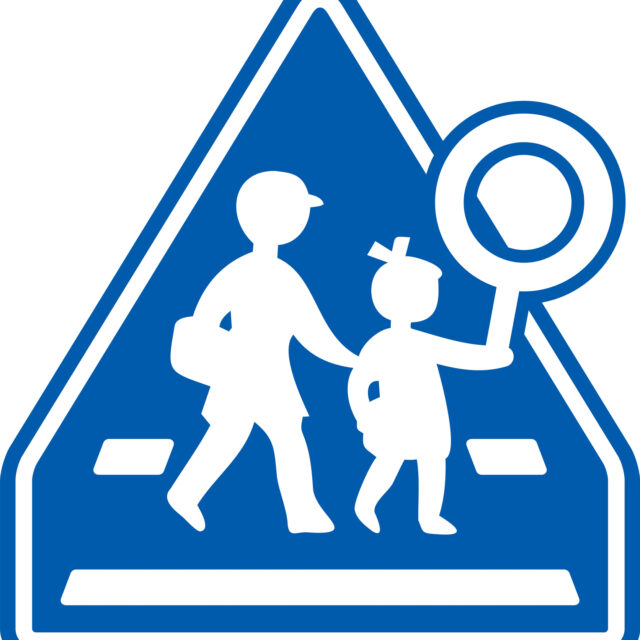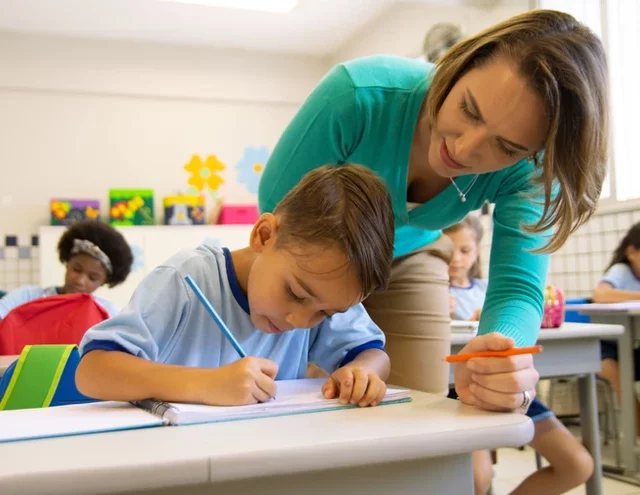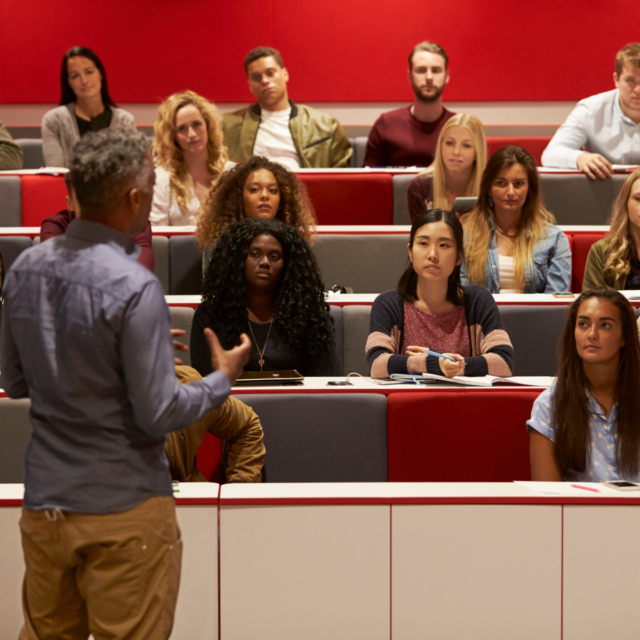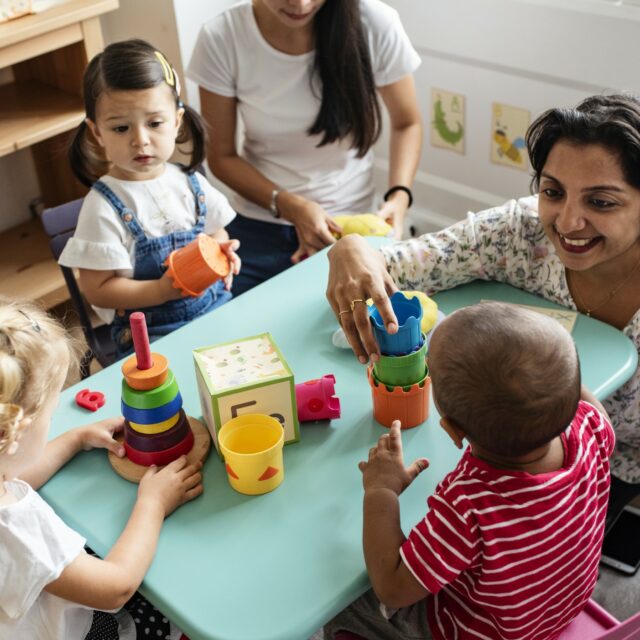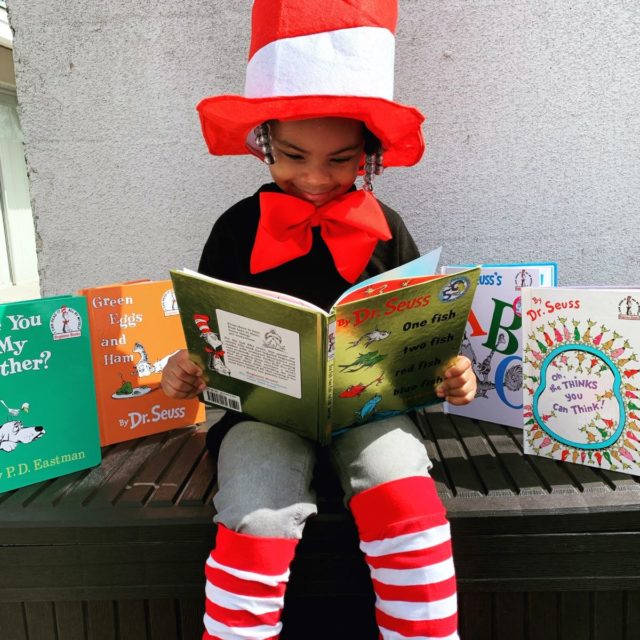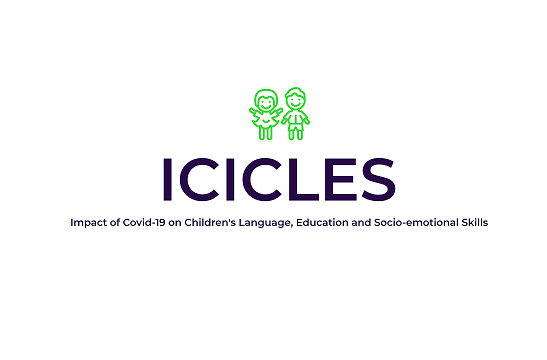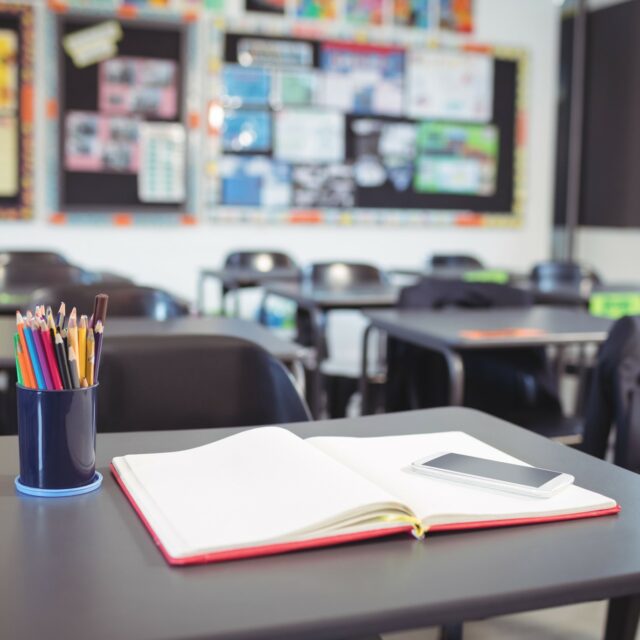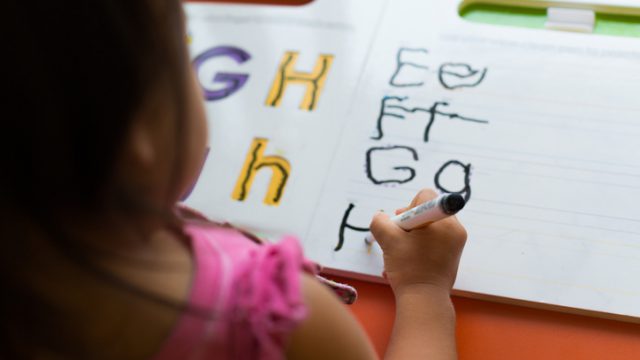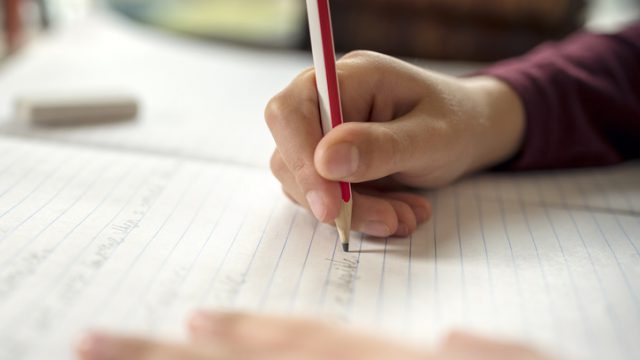Starting school in the midst of a global pandemic
Starting school is a significant developmental milestone that can cause anxiety at the best of times. So, what impact will the global pandemic have on school starters this year?
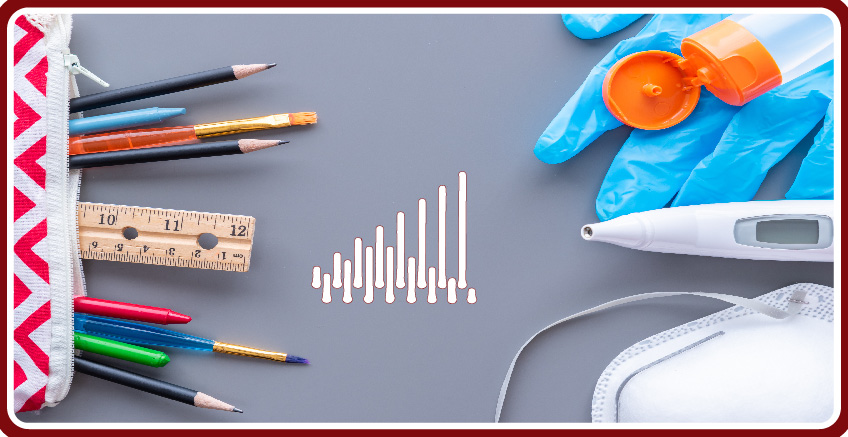
Starting school is a significant developmental milestone that can cause anxiety at the best of times. So, what impact will the global pandemic have on school starters this year?
High-quality early years (EY) provision plays a vital role in a child’s cognitive and socioemotional development. The Effective Provision of Preschool Project found that the benefits of high-quality provision could be seen throughout a child’s school career. The results of that project showed that children who experienced warm and responsive care from well-trained EY practitioners showed better academic and socioemotional outcomes at the end of Key Stage one, compared to children who did not attend settings prior to starting mainstream school. This was particularly the case for children from disadvantaged backgrounds. As such, the importance of EY provision as a foundation for learning in mainstream school cannot be underestimated.
Unfortunately, the COVID19 pandemic resulted in the closure of EY settings to all but children of key workers and vulnerable children. In 2019, 92% of three-year olds and 95% of four-year olds benefitted from funded early education. During lockdown only 7% of children between the ages of 2 and 4 attended formal settings, increasing to only 19.3% when lockdown eased in June.
Approximately 630,000 children were due to enter Reception classes (YR) in mainstream schools in September 2020. These children started school after a period of instability, and atypical environmental and social influences. We know that EY practitioners worked hard to support families during lockdown, despite significant pressures as a result of financial instability but the typical school visits and home visits that take place before children enter reception have not been possible. A recent report from the Education Endowment Foundation (EEF) predicted widening achievement gaps for disadvantaged children as a consequence of school closures, and the Delve Report predicts learning loss to be greatest for young children. While we are mindful of a narrative predicting poor outcomes for our children, focusing on gaps and “catch-up”, we do not yet know the impact that missing out on high quality EY provision will have on children’s transition to school. It is true that many will respond well to their new environment, but some will need additional support in order to settle into school and access the curriculum.
There are many factors that may influence this, not least children’s experiences of lockdown. Parents reported increased anxiety and behavioural problems in children during lockdown, and families have been living under increased pressure in terms of juggling jobs and home-schooling, financial worries and health concerns. We are also aware of the increased pressure on teachers as schools have reopened, and their efforts to embrace new ways of working and ensure children’s education does not suffer as a result of the pandemic. To fully understand the impact of the pandemic on children’s transition to school, we need to listen to parents and teachers. Not doing so risks a very narrow view of children’s outcomes based on test scores and measures of accountability, and policy recommendations that are not helpful or feasible for teachers who are working at the coalface of this crisis.
To this end we are starting a new study which aims to shine a light on the experiences of those children whose EY education was disrupted during lockdown, and the impact this may have had on school readiness, adjustment to mainstream schooling, and educational attainment over the first year of school. Importantly, our study takes a broad view of school readiness, focusing not just on children’s foundational skills in numeracy and language, but on their socio-emotional development as well. We will be asking parents and teachers for their input so that the results from the study will help inform policy and practice to support children and their families during this first year of formal schooling. This work will help us to understand the impact of the pandemic on children’s introduction to formal education and importantly what support may be needed moving forward.
For more information please look at our project page, the Education Endowment Foundation, or email education-schoolstarters-cv19 [at] york.ac.uk.

